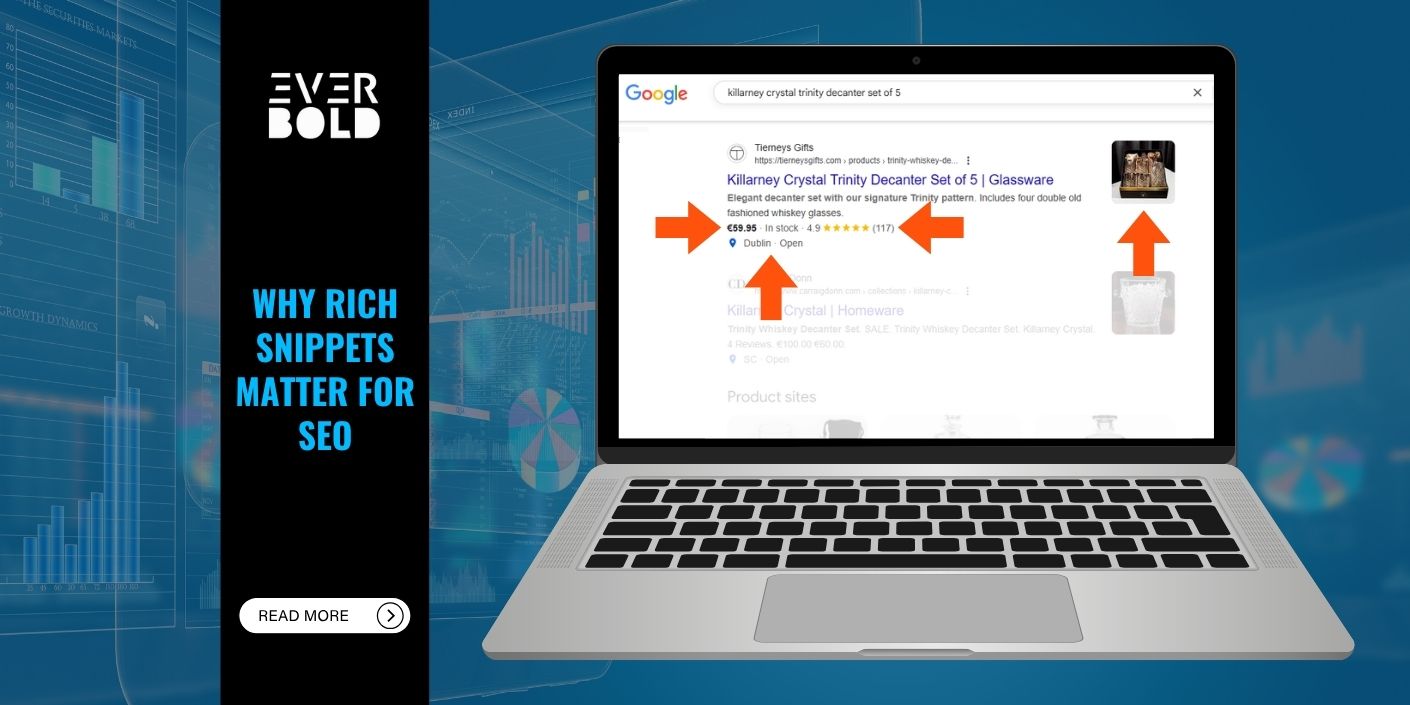Shopify vs WordPress Which Platform Is Right for Your Business

Choosing between Shopify vs WordPress is a challenge many businesses face. Whether you're launching a new store or upgrading an existing one, the decision can have a big impact on your success. As a digital marketing agency specialising in e-commerce strategy, we’ve worked with businesses across Ireland and the UK. We’ve helped them navigate this decision and we’re here to help you do the same.
Each platform has its strengths, and the right choice depends on your goals, technical skills, and growth plans. Whether you're a small business just starting out or an established brand ready to scale, choosing the right platform matters. Knowing how Shopify vs WordPress compares on design, SEO, and scalability can make all the difference.
Ease of Use: Which One’s More Beginner-Friendly?
If you're not very technical and want a platform that’s easy to set up and manage, Shopify is a clear winner. Its drag-and-drop interface, built-in hosting, and intuitive dashboard remove the guesswork from setup. From adding products to setting up payments, it’s all designed to be smooth and fast.
WordPress, however, requires a bit more effort, especially if you're using WooCommerce to handle your store functionality. You'll need to sort out your own hosting, domain, security, and more. That’s not necessarily a dealbreaker, but if you’re new to e-commerce, there’s definitely a learning curve.
Design & Customisation: Flexibility vs Simplicity
When it comes to customisation, WordPress shines. Its open-source nature means you can build practically anything. Especially if you have a developer or access to an agency with design capabilities. The downside? It can be complex to manage without the right support.
Shopify offers plenty of customisable templates, too, but it’s built to prioritise usability over flexibility. That’s great if you want to launch quickly, but more restrictive if you’re after something fully bespoke. Working with Shopify experts can help you make the most of what the platform offers while keeping your store unique and user-friendly.
Shopify vs WordPress for eCommerce: Features for Selling Online
The real question many business owners ask is: Shopify vs WordPress for eCommerce?
Shopify was built for selling. From inventory management to abandoned cart recovery, it’s packed with features made for e-commerce. It also offers secure payments and multichannel selling options. Everything is built-in and optimised from day one.
With WordPress, you’ll need to install WooCommerce to enable e-commerce functionality. While Shopify vs WooCommerce can be a close race in features, WooCommerce often needs extra plugins. Shopify includes the same functionality right out of the box. More plugins can also mean more updates and potential compatibility issues.
WordPress vs Shopify: SEO & Content Marketing Potential
WordPress has long been praised for its SEO capabilities. Its flexibility allows advanced control over metadata, URL structure, and blogging tools. This makes it a favourite for content-rich businesses and marketers.
But Shopify is no slouch. It offers solid SEO performance and is optimised for speed and mobile. These are both key factors in search rankings. While WordPress offers more granular control, Shopify’s built-in SEO is more than enough for many e-commerce brands.
If blogging is part of your strategy, WordPress vs Shopify usually tips in WordPress’s favour. This is because WordPress offers stronger content management features. But if product sales are your main focus, Shopify’s SEO tools will serve you well.
Costs & Maintenance:
Both platforms have their costs, just structured differently.
Shopify operates on a monthly subscription model, with all hosting, security, and support included. You’ll pay for themes and apps as needed, but overall costs are predictable.
WordPress itself is free. But once you factor in hosting, domain, plugins, premium themes, security, and possible developer fees, costs can add up. You'll also need to handle ongoing maintenance and updates or outsource them to a trusted provider.
When comparing Shopify or WordPress, think about whether you want to manage your site yourself or prefer a hands-off experience.
Which Is Best: Shopify or WordPress?
There’s no one-size-fits-all answer to the question of Shopify or WordPress. That's because the best choice depends on your business model and in-house expertise. When comparing Shopify vs WooCommerce, the decision often comes down to ease of use versus flexibility.
If you want a fast, secure, and sales-focused platform that works out of the box, Shopify is hard to beat. It’s ideal for businesses looking to scale quickly without worrying about technical maintenance.
If content is key and you have technical support, WordPress with WooCommerce offers more flexibility long-term.
Final Thoughts:
The Shopify vs WordPress debate ultimately comes down to priorities. Shopify simplifies the selling experience, while WordPress offers greater control and flexibility.
If you’re still unsure, we can help. We work with ambitious brands to create e-commerce strategies that go beyond just looking good - they perform, convert, and scale. Whether you’re leaning toward Shopify or exploring WordPress, we’ll guide you toward the right choice for your goals.
Explore our website to learn more about our digital marketing services and how we can help you grow your e-commerce business.






